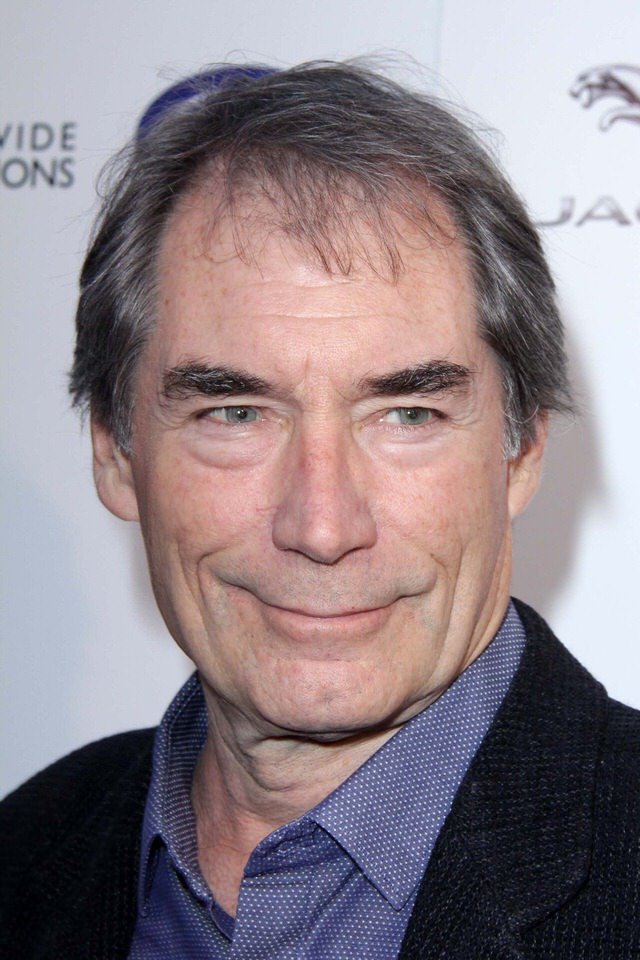John Cage
John Cage, an influential composer, revolutionized music with his experimental compositions, notably "4'33"", challenging traditional boundaries and inviting contemplation of ambient sounds.
Composer
September 5, 1912
Virgo
August 12, 1992
79
Los Angeles, California
John Cage, an American composer, music theorist, and artist, left an indelible mark on the world of music. Born in Los Angeles in 1912, Cage embraced experimentation and innovation throughout his career. He is widely regarded as one of the most influential figures in 20th-century music.
Cage’s compositions defied conventional structures and explored the boundaries of sound. His most renowned work, “4’33” (1952), challenged traditional notions of music by presenting four minutes and thirty-three seconds of silence. This groundbreaking piece invited listeners to contemplate the sounds of their environment and challenged the very definition of music.
Cage’s interest in Eastern philosophy, particularly Zen Buddhism, deeply influenced his creative process. He incorporated chance operations, often using the ancient Chinese divination text, the I Ching, to determine elements of his compositions. This approach allowed for a sense of spontaneity and unpredictability, blurring the lines between composition and improvisation.
Beyond his musical contributions, Cage was also an avid mycologist and co-founded the New York Mycological Society. His fascination with mushrooms extended to his music, where he drew inspiration from the natural world and its intricate patterns.
Cage’s legacy continues to resonate in contemporary music and art. His pioneering spirit and willingness to push boundaries have inspired countless artists to explore new sonic territories and challenge conventional norms. John Cage’s impact on music and culture remains profound, solidifying his status as a true visionary of the 20th century.
















